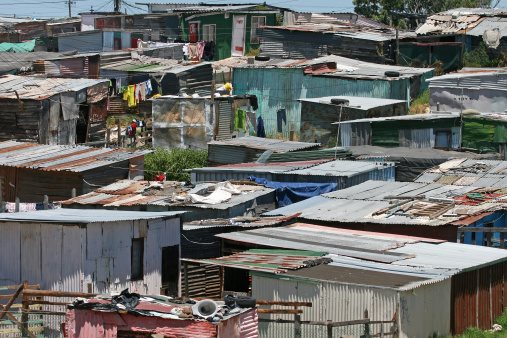Rwanda Refugees
Rwanda Refugees: Challenges and Opportunities
Introduction:
Rwanda, a small East African country, has experienced a tragic history of violence and conflict, which has led to a large number of refugees fleeing their homes. The aftermath of the 1994 genocide has led to one of the largest refugee crises in the region. The country has been working towards rebuilding and reintegrating refugees back into society. In this article, we will discuss the challenges and opportunities faced by Rwanda refugees.
The Journey of Rwanda Refugees:

The journey of Rwanda refugees is often characterized by violence, fear, and uncertainty. Many of them fled their homes to escape the conflict, leaving behind everything they had known. Some refugees were forced to flee again when they faced violence and persecution in the refugee camps in neighboring countries. This tumultuous journey has left many refugees with physical and psychological scars.
Integration and Rehabilitation:
The Rwandan government has been actively working to integrate refugees back into society and create opportunities to support their rehabilitation. The government's approach has included the promotion of communal living, where refugees must work together to build homes and create a sense of community. Additionally, the government has created economic opportunities for refugees, including access to land and the promotion of agribusiness.
The Need for Education:
One of the major challenges faced by Rwanda refugees is limited access to education. This presents a significant hurdle to the refugees' ability to reintegrate into society. The government of Rwanda, along with NGOs and other organizations, has sought to address this challenge by creating new educational opportunities. However, more resources and support are needed to ensure every refugee has access to quality education.
Trauma and Mental Health:
The trauma of the past, coupled with the challenges of being a refugee, can have a profound impact on mental health. Many Rwanda refugees have experienced violence and witnessed horrific events, which can lead to anxiety, depression, and PTSD. The government has been working towards creating access to mental health services to help refugees cope with the psychological effects of their experiences.
Conclusion:
The journey of Rwanda refugees highlights both the challenges and opportunities of addressing the needs of refugees. The Rwandan government, along with NGOs and other organizations, has been working towards creating opportunities for refugees to integrate and rebuild their lives. However, the challenges faced by Rwanda refugees continue. With continued support and resources, refugees can find opportunities to rebuild their lives and contribute to society. It is crucial to recognize the resilience and strength demonstrated by Rwanda refugees, and support their transition to a better future.
The social crisis in Rwanda which has caused the flight of many African refugees has been caused by domination of political, economic and social power by the Tutsis over the Hutus. The social injustices that were inflicted on them have led to a number of civil wars.
For instance, the failed attempt by the Hutus to wrest political control away from the Tutsis led to a brutal civil war that resulted in 25,000 African refugees fleeing to nearby Tanzania, Dominic Republic of Congo and other areas of Rwanda, in a desperate hope to save the lives of themselves and their families. In addition, thousands of African refugees have been forced to relocate to the Tutsis countries because of serious conflicts and repression.
There are few countries in Africa that have resulted in a similarly high number of African refugees as Rwanda. In the mid-90s, roughly 2 million African refugees resettled, resulting in what has been considered to be one of the largest and fastest movement by African refugees in history. This large African refugee movement was due to a genocide
Most of the African refugees tended to flee to the nearby countries of Tanzania and Zaire (now known as the Democratic Republic of Congo). Since that mass movement by African refugees, there have been many attempts to send the African refugee’s safely back to Rwanda. About 500,000 refugees were returned to Rwanda from Tanzania in 1996. The returns of those African refugees have been a mixture of both involuntary and voluntary returns.
Although major political and increased safety changes had occurred in Rwanda, many African refugees did not wish to return, worrying about their safety. In late 2002, the organization of Human Rights First Human Rights made a visit to the Human Rights camps in western Uganda where it had been estimated that roughly 3,000 Rwandan refugees had recently arrived from other parts of Rwanda and Tanzania.
The African refugees who spoke with the staff told them that they had faced pressure to leave Tanzania and return to Rwanda. Some said that they had come back to Rwanda under the promise of increased protection due to the new repatriation program, but still felt that their families were in danger.